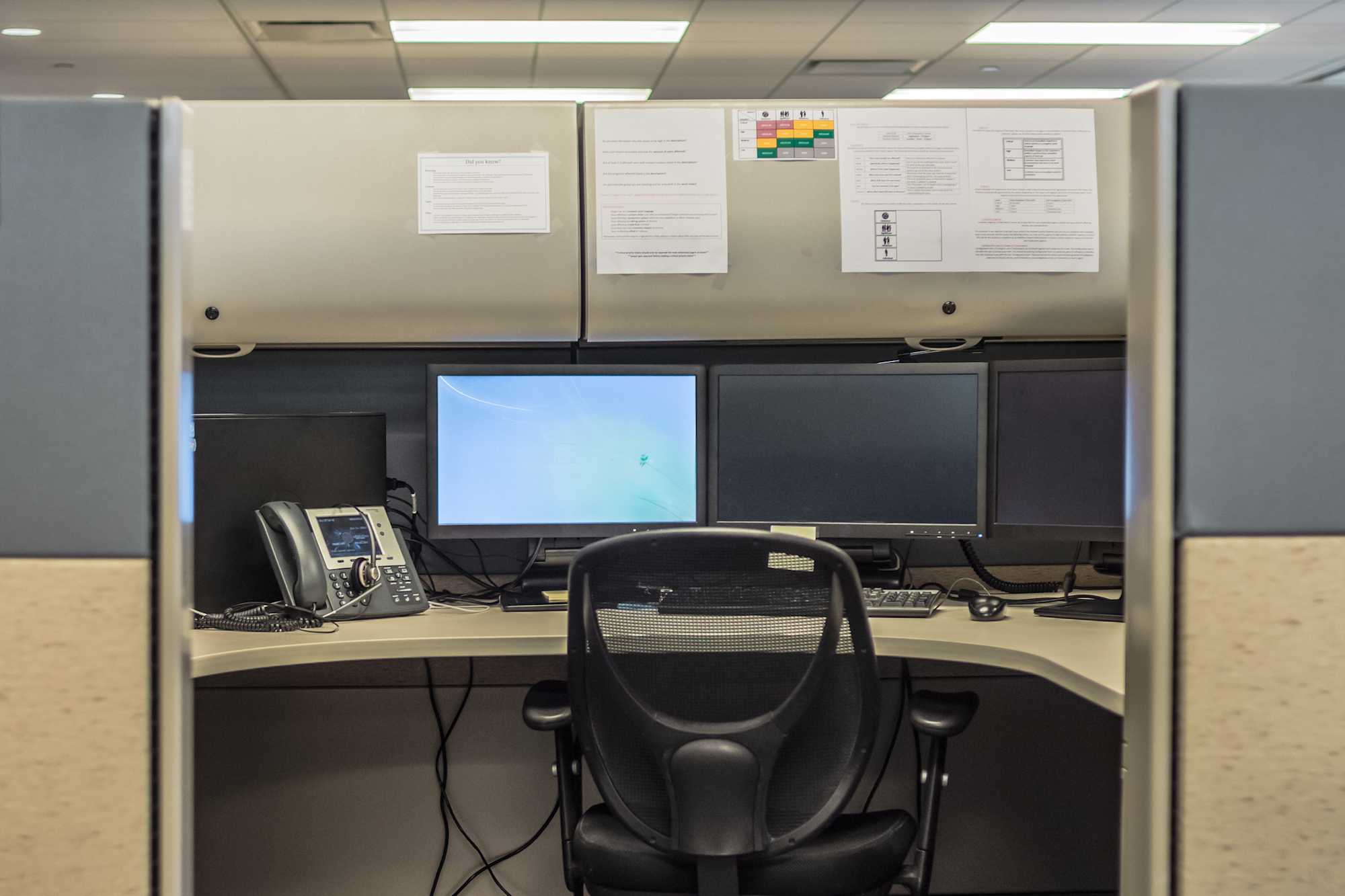Do I Need to Quit My Job to Get an MBA?
 Credit: eyfoto / Getty Images
Credit: eyfoto / Getty Images- An MBA has traditionally been a two-year, full-time experience, but that’s changing.
- Online and hybrid learning options are on the rise.
- Many business schools are debuting MBA programs geared toward working professionals, featuring asynchronous learning options.
- That means you can pursue an MBA without having to quit your job.
An MBA has traditionally been a full-time, two-year experience, but that’s changing.
Thanks to part-time, online, and hybrid options, working professionals have more options than ever to pursue a master of business administration (MBA) degree.
Online degrees geared toward working professionals were already on the rise before the pandemic, but the rapid digitization of learning in the years since has seen a proliferation of online MBA programs at business schools.
The MBA has long been looked to for career advancement and mobility. The degree can boost earnings and help advance graduates’ careers, and it is generally linked to higher earnings.
In the past, getting an MBA meant stepping away from work. But a growing number of schools are tailoring their programs for working professionals who don’t want to leave their careers to earn the degree.
Hybrid Learning on the Rise
Demand for hybrid learning has surged in the years since the pandemic, the Graduate Management Admission Council (GMAC) found in its 2024 Prospective Students Survey.
The global percentage of prospective students seeking hybrid program delivery increased from 12% in 2019 to 17% in 2023. In-person learning is still the most popular option for students, but it has been on the decline: In the United States, in-person learning fell from 70% of prospective students’ preference in 2019 to 60% in 2024.
That reflects a demand for flexibility among business students.
“This year’s prospective student survey adds to a growing slate of evidence that candidates’ appetite for flexibility is increasing,” Andrew Walker, the GMAC’s director of research analysis and communications and the report author, said in a previous press release.
“Interest in hybrid learning has grown across regions and demographic types as hybrid workplaces have also increasingly become available and expected by prospective employees. While in-person learning remains the most preferred delivery format among most candidates, its dominance among candidates is diminishing.”
Hybrid learning is critical for prospective business students. The 2024 Tomorrow’s MBA report from the consulting firm CarringtonCrisp found that MBA students largely want their MBA program full time, but very few want to study entirely in person.
“People want the flexibility that online study provides them whether that’s synchronous or asynchronous, and they want the face-to-face to give them the experience, and to give them the networking more than anything else,” report author Andrew Crisp previously told BestColleges.
Business Schools Look to Working Students
The demand for flexibility from students is being translated to new programs from business schools.
A growing number of business schools are debuting flexible and asynchronous programs for working students.
Online, asynchronous programs allow students to work toward their degrees at their own pace. That trend toward flexibility includes everything from major public land-grant universities to small, regional colleges that have debuted online programs for working students.
Business schools’ approach to online and flexible degree programs varies widely.
A number of schools, like the Washington University in St. Louis (WashU) Olin Business School, have debuted “flex” MBA programs specifically geared toward working professionals and allow students to take classes either online or in person.
Olin Dean Mike Mazzeo said in a press release that part-time students “value choice and flexibility in an MBA program.”
“WashU Olin’s Flex MBA program will meet the needs of these students, enabling them to grow and learn within a program that fits their needs and lifestyles,” Mazzeo said.
Indiana University’s Kelley School of Business recently revamped its full-time MBA program to prioritize flexibility for students.
Kelley has long been recognized as having one of the country’s best online MBA programs. It is including some of that program’s flexibility components into its full-time, in-person program. The school will now let students choose whether to finish their degree online.
Kelley Dean Ash Soni said the program represents a “first-of-its-kind flexible option that meets the needs of our students.”
“We think students will appreciate being fully immersed in our in-residence program and its benefits but also having more choices as they pursue their career goals,” Soni said in a press release.
Other schools have taken a more niche approach to offering students’ flexibility.
The Quantic School of Business and Technology, an online business school, has launched mobile-first degree programs to combine affordability and flexibility for students via classes delivered in a bite-sized format.
Tomorrow University, a German higher education institution, launched a global MBA designed for the Apple Vision Pro earlier this year.
As colleges have added online MBA programs for working students, they’ve also taken steps to include networking opportunities into their programs. Many online MBA programs still have the cohort-based model of a traditional program, allowing students to connect and collaborate on projects.
Pursuing a part-time or online MBA has benefits beyond flexibility. Depending on the school, those programs tend to be less costly than their full-time and in-person counterparts.